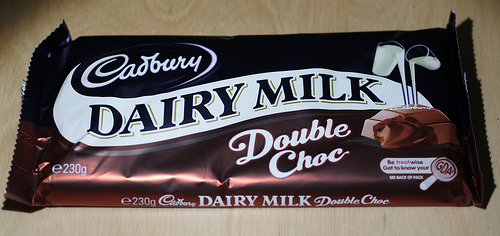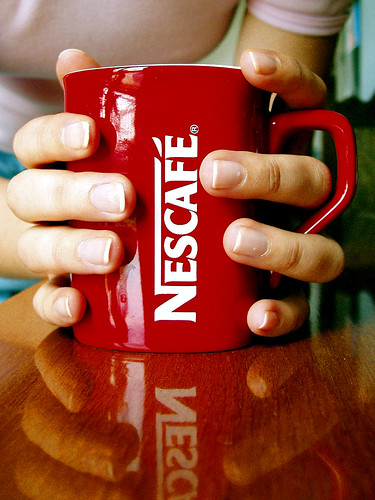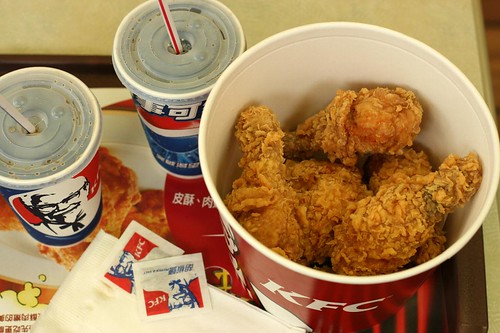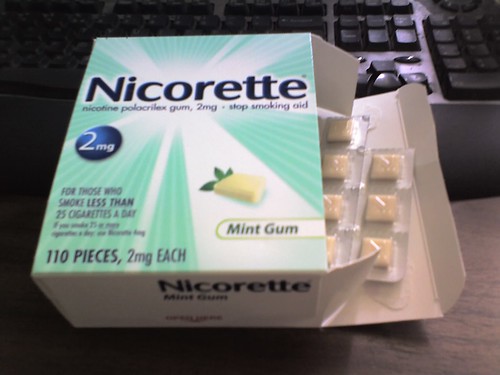It was recently reported that Save the Children, a non-profit organization dedicated to promoting child health and education, had rescinded its strong support of a soda tax after receiving grants worth millions of dollars from both Coca-Cola and Pepsi. Though the nonprofit may have walked away with full coffers, the negative fallout has reverberated throughout the nation, tarnishing both the organization’s reputation and work.
The plight of cash-strapped non-profit organizations is certainly understandable, but looking at the situation from the outside, I feel that it is an important lesson in image branding that businesses should take to heart. Even when trying to raise capital to run your business, be careful who you partner with; make sure that the arrangement is in line with your company’s core culture and values.
To drive the point home, here are few more examples of some notable, recent partnerships corporations have made with non profit entities that have raised some collective eyebrows, stirred up controversy, and blemished reputations.
“Coke Didn’t Make America Fat”
Coca-Cola is no stranger to controversy. In October of this year the American Academy of Family Physicians (AAFP) announced a new partnership with the ubiquitous beverage conglomerate, “to develop consumer education content on beverages and sweeteners for FamilyDoctor.org.”
Quick to capitalize on the sponsorship, Coca-Cola CEO Muhtar Kent sent in an op-ed piece to the Wall Street Journal, where he presented soft drinks as innocent scapegoats in America’s obesity problem. Lack of physical activity and unhealthy over-eating are making America fat, not Coke, her asserts.

In response to the sponsorship, several member doctors of the AAFP cut up their membership cards in protest.
Candy-Washing?
UNICEF Canada recently received some negative publicity for its partnership with the English candy company, Cadbury. The well-known, global nonprofit that focuses on children’s rights, health, and development, engaged in a three-year partnership with Cadbury (which just ended this year). Each year, 4 million packages of Cadbury candies were graced with the UNICEF name and logo. These packages were especially prevalent during Halloween, when countless children sustain sugar overdoses. In exchange, Cadbury made a donation of $500,000 to UNICEF to help African school children.
Let Them Eat Chocolate!
It turns out that Nestlé, the processed foods giant perhaps best known for its chocolate and instant coffee products, is concerned about the health of its customers. It was recently reported that the Swiss owned company is launching its Healthy Kids program in China. Working with the Chinese Nutrition Society, the program aims “to improve the nutrition, health and wellness of children aged 6-12 in both urban and rural areas, by promoting nutrition education, balanced diet, greater physical activity and a healthy lifestyle.”
Though you might question the “education” that this program may be offering, Nestlé actually has a history of promoting nutrition, a balanced diet, and a healthy lifestyle. Consider that in June of this year, Nestle sent a “floating supermarket” along the Brazilian Amazon to reach rural communities that don’t have access to major processed food brands. As reported by Bloomberg, “The vessel will carry 300 different goods including chocolate, yogurt, ice cream and juices.” Sounds healthy to me!
Fried Chicken for a Cause
Earlier this year the Susan G. Komen for the Cure organization, made a corporate partnership with KFC that caused a stir among the organization’s supporters. In the Buckets for the Cure campaign, for each pink bucket of fried chicken purchased, 50 cents went to the well-known U.S. breast cancer charity. Many were appalled at the partnership which matched the health campaign with a product that promotes obesity (a known risk factor for breast cancer). Moreover, the arrangement came on the of heels of KFC’s introduction of a new sodium and fat laden menu item: the Double-Down “sandwich,” a heart-stopping concoction of fried chicken, cheese, and the Colonel’s “special sauce.”
Cashing in on Cancer
Over the past few years, the American Cancer Society (ACS) has received a great deal of criticism from countless critics who are quick point out the organization’s apparent conflicts of interest particularly within the medical and pharmaceutical industries. Many of the ACS’s own board members are top executives in major medical and pharmaceutical firms- the same firms that stand to benefit from the very same chemotherapy, radiation therapy, and cancer screening procedures that the ACS so strongly recommends.
In recent years, the ACS has also been involved in a number of high profile corporate sponsorships, like the $1 million it received from SmithKline Beecham for the right to use its logo in ads for Beecham’s NicoDerm CQ and Nicorette quit smoking products. Not surprisingly, the ACS’s anti-smoking campaign has been its most focused yet.
Sources
http://ijoc.org/ojs/index.php/ijoc/article/download/228/117
http://www.hcn.org/issues/41.6/nonprofits-reap-the-profits
http://www.thedailygreen.com/healthy-eating/blogs/healthy-food/corporate-responsibility
http://www.naturalnews.com/010244.html




